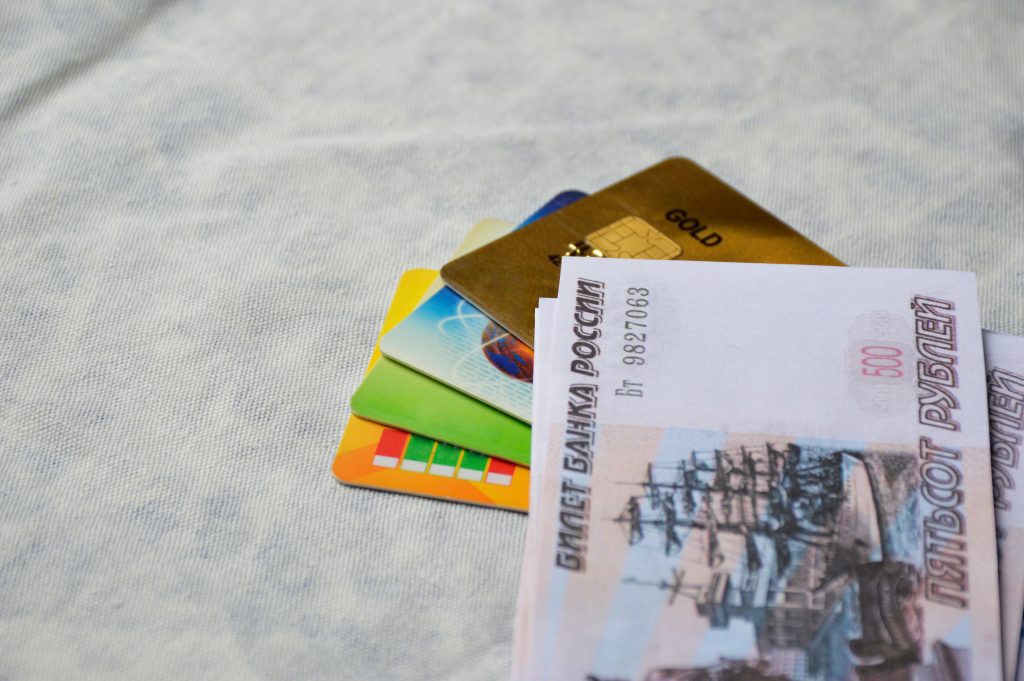Less than six months after the EU and G7 sanctions against Russia for the invasion of Ukraine, it appears that Moscow is nearing a bilateral card acceptance agreement with India. Reports from Financial Express indicate RuPay credit cards, India’s state-backed payment function, will soon work in Russia and vice versa. Russia’s Mir cards will also work in India. According to another media source:
- Indian ATMs and terminals may soon start accepting Russian Mir debit and credit cards, while Russia is planning to reciprocate and accept India’s RuPay cards, according to India’s Deccan Herald newspaper.
- Both Russia and India are discussing options for the mutual implementation of interbank transfer services, India’s Unified Payments Interface (UPI), and SPFS, the Russian version of SWIFT. In addition, the two countries are continuing negotiations on expanding the use of their national currencies in bilateral trade and creating a new reserve currency within the BRICS group, which also includes Brazil, China, and South Africa.
Within the scope of things, the agreement is limited in the world of payments. Both countries are new to the credit world, and it is likely that the Indian market has more long-term potential than Russia. The acceptance agreement, though, conflicts with the sanctions against significant Russian banks.
You can find more information on the Russian payments infrastructure at this Mercator webinar, presented in May 2022. There is more detail in this recent Mercator Viewpoint, which indicates that credit cards in India have limited penetration, with only 0.04 cards per citizen, and Russia at 0.27, in deep contrast to markets like Canada (3.85 cards per citizen) and the U.S. (3.23 per person).
The big deal is that the Russian issuing banks, Sberbank, Tinkoff, Alfa Bank, and VTB, issue most of the cards in that country, and each has a sanction to either the bank itself or the financial source behind the bank.
Current trading between Russia and India is small, as the Indian Embassy in Moscow notes.
- Enhancing trade and economic cooperation between India and Russia is a crucial priority for the political leadership of both countries as is apparent by the revised targets of increasing bilateral investment to the US $ 50 billion and bilateral trade to the US $ 30 billion by 2025.
- As per Indian figures, bilateral trade during April 2020-March 2021 amounted to USD 8.1 billion. Indian exports amounted to USD 2.6 billion, while imports from Russia amounted to USD 5.48 billion. For the same period, as per Russian figures, bilateral trade amounted to USD 9.31 billion, with Indian exports amounting to USD 3.48 billion and imports amounting to USD 5.83 billion.
In contrast, the U.S. Department of State says:
- In 2021, overall U.S.-India bilateral trade in goods and services reached a record $157 billion. The United States is India’s largest trading partner and most important export market. Many U.S. companies view India as a critical market and have expanded their operations there.
- Likewise, Indian companies seek to increase their presence in U.S. markets, and at the end of 2020, Indian investment in the United States totaled $12.7 billion, supporting over 70,000 American jobs.
In short, the bilateral acceptance agreement between the Russian Mir card and RuPay is of minimal consequence. However, it does fly in the face of circumventing the sanctions. Will the U.S. and G7 countries add punch or consequences? We will have to see as short-term, and long-term issues develop. As the Russian incident approaches a year-long struggle, the implications are broad, and the consequences have global implications.
Overview by Brian Riley, Director, Credit Advisory Service at Mercator Advisory Group.
